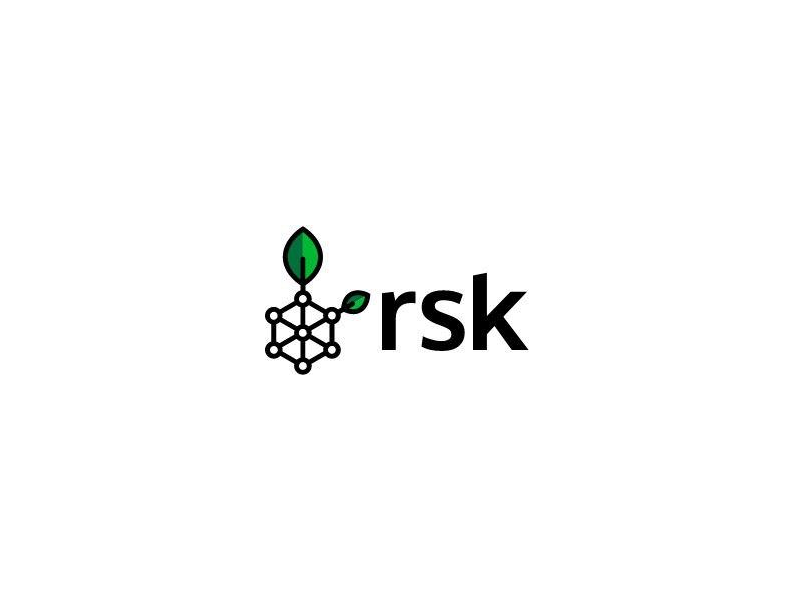Governments all over the world are working on improving and streamlining their existing processes and infrastructure. Blockchain technology will play an increasing role of importance in this regard.
Growing Adoption of Blockchain Technology
Various governments around the globe are currently exploring their options in the blockchain space. Rather than looking at established technology companies, it appears that diversification is taking place at this time. This state of affairs is a logical evolution of the seemingly hesitant approach governments have taken when it comes to distributed ledger technology over the past few years.
Streamlining existing processes and infrastructure is needed in the modern age. Legacy systems still in use today have become very slow and struggle to process the larger amounts of data our society deals with every single day. By tapping into blockchain technology, a lot of different options can be explored and improved upon with relative ease.
Exploring Options With RSK
Speaking of exploring different options, RSK can be a valuable ally for governments around the world. The company provides a smart contract platform on top of Bitcoin that enables multiple use cases for governments.. Furthermore, it can act as a smart contract certification platform.
It is also worth noting that RSK is working with businesses and service providers all over the world. This has allowed for the exploration of different solutions including blockchain for social impact, blockchain for traceability, self sovereign identities, blockchain for financial inclusion and many other interesting blockchain use cases.
Adopting blockchain technology on a nationwide level may take some time. However, blockchain can also be very powerful for city-level governments. Some options to explore include tracking suppliers, streamlining hiring processes of contractors, or let citizens track how their tax payments are being used on a city level.
RSK Gains Ground in Argentina
Regions stricken by hyperinflation are seemingly more eager to explore blockchain solutions. Argentina is a prime example, as it has looked at RSK for multiple solutions in quick succession. This further goes to show that smart contracts can lead to real-world use cases.
The first venture to be explored in Argentina comes in the form of the country’s central bank. The BCRA is working together with the Blockchain Group and other partners to design a blockchain-based solution capable of implementing direct account debit claims. This entire system is fully decentralized and offers end-to-end traceability.
A second effort is made possible with the help of Energas. The Argentinian natural gas regulator is expanding its blockchain-based gas distribution tracking system. Following a successful local trial, the Gasnet venture will now be made accessible across the country.
The Gasnet system runs on RSK. Managing service providers, registering certificates, and improving regulatory oversight are three of its core benefits. Through the RSK smart contracts and RIF solution, it will usher in a new era of gas distribution across Argentina.

